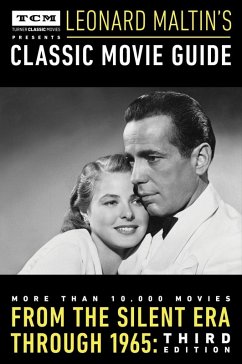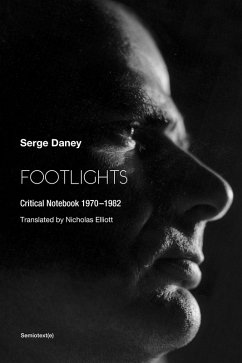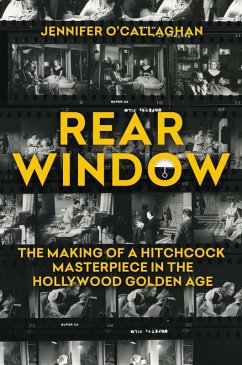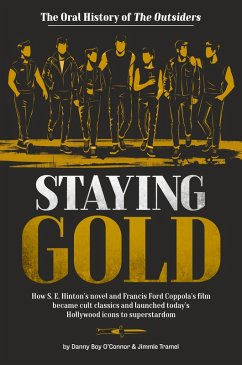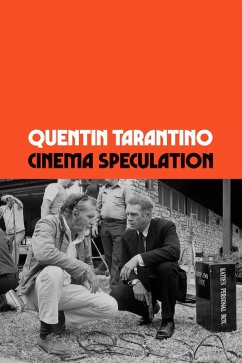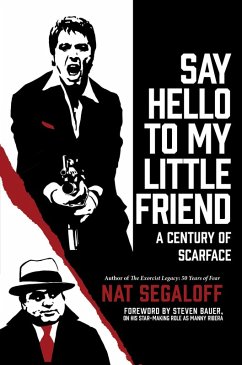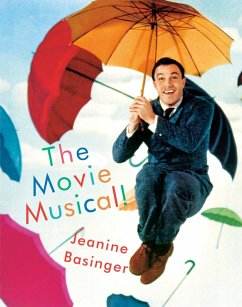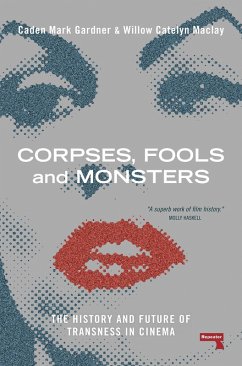
Farber on Film: The Complete Film Writings of Manny Farber (eBook, ePUB)
A Library of America Special Publication
Redaktion: Polito, Robert

PAYBACK Punkte
9 °P sammeln!
A stunning showcase of film critic Manny Farber's best writing on classic movies and film titans, from Martin Scorsese to Werner Herzog Farber was an early discoverer of many filmmakers later acclaimed as American masters: Val Lewton, Preston Sturges, Samuel Fuller, Raoul Walsh, Anthony Mann. A prodigiously gifted painter himself, he brought to his writing an artist's eye for what was on the screen. Alert to any filmmaker, no matter how marginal or unsung, who was "doing go-for-broke art and not caring what comes of it," he was uncompromising in his contempt for pretension and trendiness, for,...
A stunning showcase of film critic Manny Farber's best writing on classic movies and film titans, from Martin Scorsese to Werner Herzog Farber was an early discoverer of many filmmakers later acclaimed as American masters: Val Lewton, Preston Sturges, Samuel Fuller, Raoul Walsh, Anthony Mann. A prodigiously gifted painter himself, he brought to his writing an artist's eye for what was on the screen. Alert to any filmmaker, no matter how marginal or unsung, who was "doing go-for-broke art and not caring what comes of it," he was uncompromising in his contempt for pretension and trendiness, for, as he put it, directors who "pin the viewer to the wall and slug him with wet towels of artiness and significance." The excitement of his criticism, however, has less to do with his particular likes and dislikes than with the quality of attention he paid to each film as it unfolds, to the "chains of rapport and intimate knowledge" in its moment-to-moment reality. To transcribe that knowledge he created a prose that, in Robert Polito's words, allows for "oddities, muddles, crises, contradictions, dead ends, multiple alternatives, and divergent vistas." The result is critical essays that are themselves works of art. Farber on Film brings together this extraordinary body of work in its entirety for the first time, from his early and previously uncollected weekly reviews for The New Republic and The Nation to his brilliant later essays (some written in collaboration with his wife Patricia Patterson) on Godard, Fassbinder, Herzog, Scorsese, Altman, and others. Featuring an introduction by editor Robert Polito that examines in detail the stages of Farber's career and his enduring significance as writer and thinker, Farber on Film is a landmark volume that will be a classic in American criticism.
Dieser Download kann aus rechtlichen Gründen nur mit Rechnungsadresse in A, B, BG, CY, CZ, D, DK, EW, E, FIN, F, GR, HR, H, IRL, I, LT, L, LR, M, NL, PL, P, R, S, SLO, SK ausgeliefert werden.





